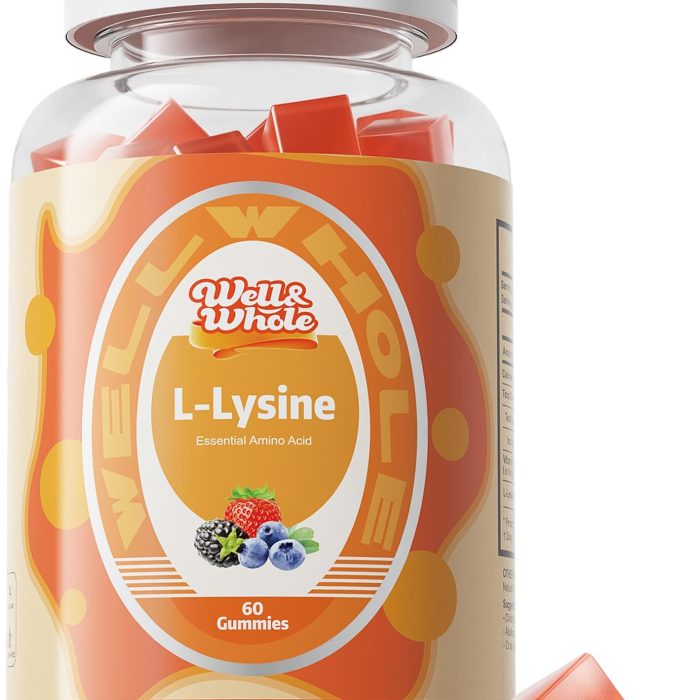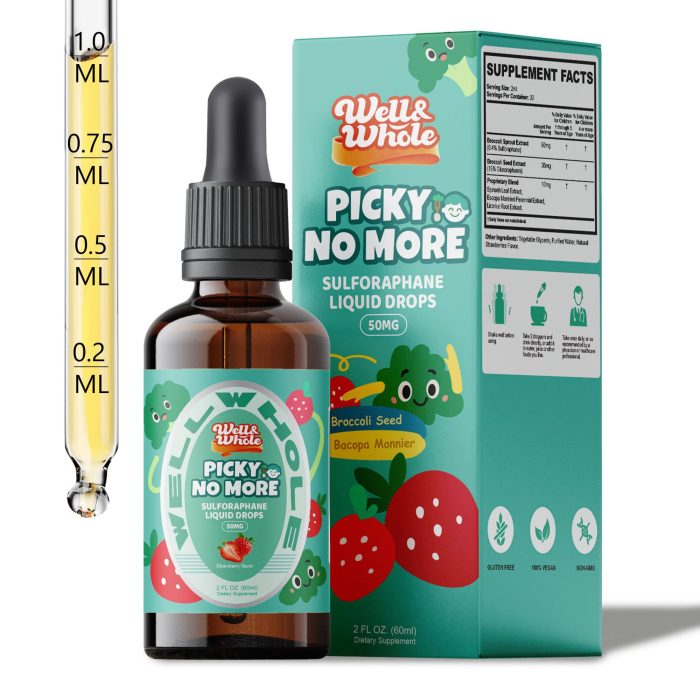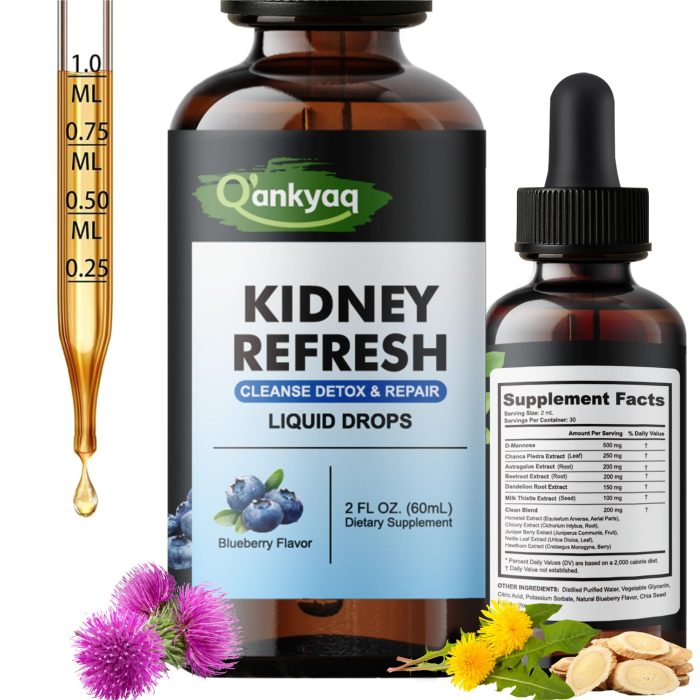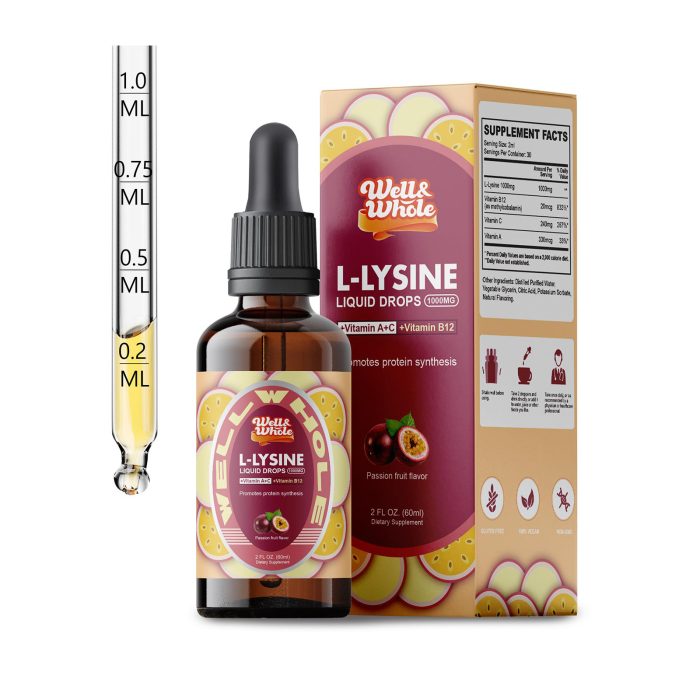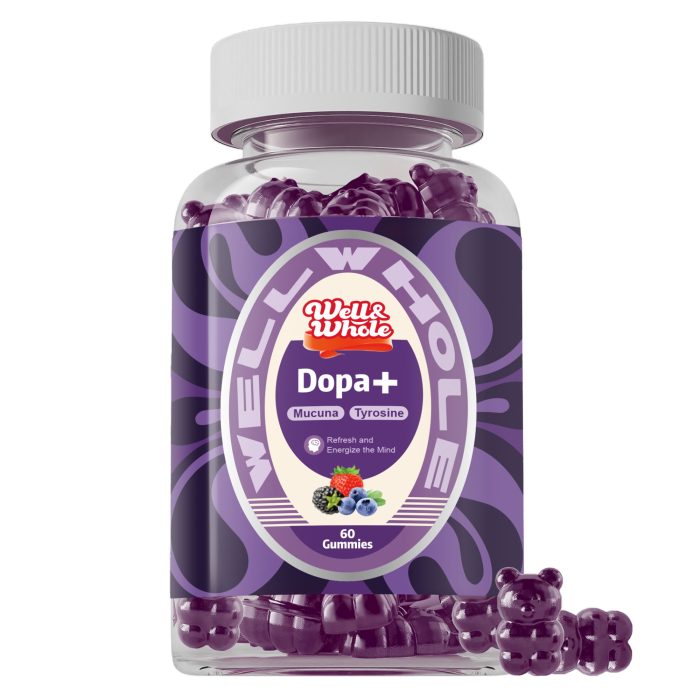What Exactly Is L-Lysine? A Deep Dive into Its Biology
L-Lysine is one of nine essential amino acids—the building blocks of protein that your body can’t make on its own. Chemically, it’s a basic amino acid with a unique side chain that helps form proteins vital for growth and repair.
How L-Lysine Works in Your Body
- Absorbed through the intestines after eating.
- Transported in the blood to cells for protein synthesis.
- Converted into carnitine, a molecule essential for fat metabolism and energy production.
L-Lysine vs. Other Amino Acids
- Essential vs. Non-Essential: Unlike non-essential amino acids, which your body produces, essential ones like L-lysine must come from food.
- Interplay with Arginine: L-lysine competes with another amino acid, arginine, for absorption. This is important because arginine can promote viral replication, while lysine often helps block it—especially relevant for managing viruses like herpes.
| Feature | L-Lysine | Non-Essential Amino Acids |
|---|---|---|
| Must be obtained from diet | Yes | No |
| Role | Protein building, energy support | Various metabolic functions |
| Interaction with arginine | Competitive absorption (limits arginine) | No direct competition |
Why L-Lysine Is Essential
Adults need roughly 30-38 mg per kg of body weight daily. For example, a 150-pound (68 kg) person requires about 2,040 mg of lysine each day.
This need is especially crucial for people on plant-based diets, as lysine is often low in cereals and grains, which can increase the risk of deficiency.
In short, L-lysine is a foundational nutrient that supports protein formation and energy, with special roles in viral defense and metabolic health.
The Science-Backed Roles of L-Lysine in Your Body
L-lysine plays several important roles backed by science, making it more than just a building block for proteins.
Protein synthesis and tissue repair: L-lysine is crucial for collagen production, which keeps your skin elastic and helps wounds heal faster. It also supports muscle recovery after workouts, making it a favorite among athletes and active people.
Energy and metabolism: Once absorbed, L-lysine converts into carnitine, a compound that helps transport fatty acids into your mitochondria—the cell’s energy factories. This process can assist in managing cholesterol levels and overall energy metabolism.
Calcium absorption and bone health: L-lysine helps boost calcium uptake in your intestines and reduces calcium excretion in urine. This improves bone density and lowers the risk of osteoporosis, especially important for older adults and athletes.
Immune modulation: L-lysine has antiviral properties, mainly by blocking arginine—a key amino acid viruses like herpes simplex need to multiply. This makes L-lysine a natural option for managing and preventing cold sore outbreaks.
For a deeper understanding of essential amino acids like L-lysine and their health benefits, you might find this guide on essential amino acid supplements very helpful.
Top Health Benefits of L-Lysine: From Cold Sore Relief to Stress Reduction
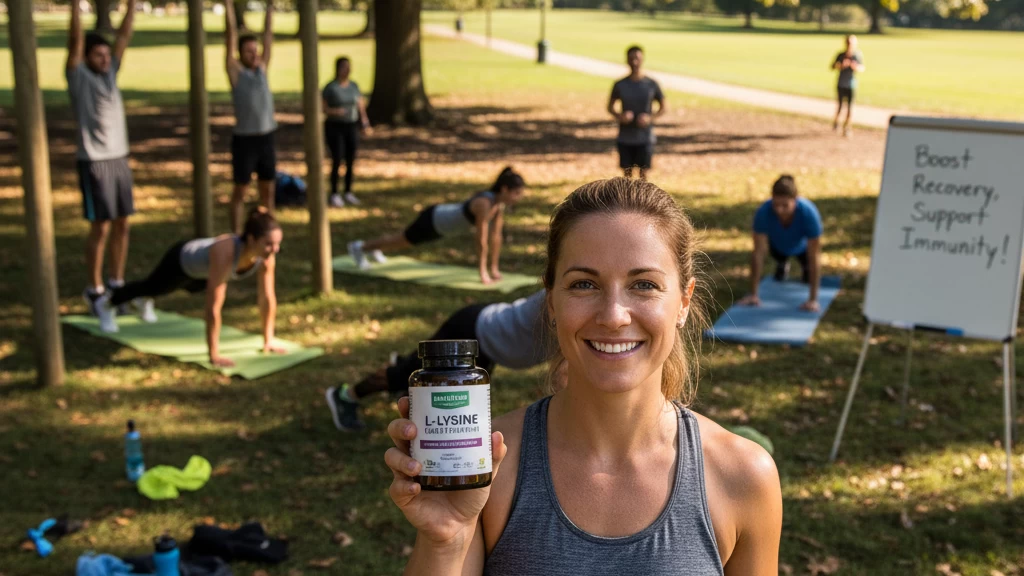
L-lysine packs a punch when it comes to supporting various aspects of health. Here’s a quick look at its top benefits:
| Benefit | Details | Dosage/Notes |
|---|---|---|
| Cold sore prevention & healing | Studies show 1–3 g daily can cut herpes simplex virus (HSV-1) outbreaks by up to 50%. | Take 1 g two to three times daily during outbreaks for best results. |
| Wound healing & skin health | Speeds up mucosal repair, helping with canker sores and recovery after skin procedures. | Supports collagen production necessary for tissue repair. |
| Stress and anxiety support | Emerging research suggests 2.6 g doses may lower cortisol and blood pressure by affecting serotonin pathways. | Useful for reducing stress-related symptoms. |
| Athletic performance & recovery | Helps reduce muscle soreness and promotes tissue growth in active people and teens. | Daily intake supports exercise recovery and muscle repair. |
| Bone density & anti-aging | May boost collagen to strengthen bones and joints, lowering fracture risk, especially in older adults. | Promotes mineral absorption tied to bone health. |
| Other potentials | Some early evidence for cholesterol management, diabetes support, and encouraging healthy growth in kids (needs more study). | Use cautiously and discuss with your doctor. |
L-lysine’s role in preventing cold sores is one of the most researched benefits, making it a natural antiviral supplement worth considering. Its wound-healing properties also tie back to collagen production, crucial for skin elasticity and repair. For those with high-stress lives or athletes, the amino acid’s support for cortisol management and muscle recovery adds extra value.
For a deeper dive into essential amino acids like lysine and their health benefits, check out this overview of the health benefits and versatility of essential amino acids.
Adding L-lysine gummies or supplements to your routine can be an easy boost, especially during times of stress or when fighting off viral flare-ups.
Natural Food Sources of L-Lysine: Build Your Intake Without Supplements
Getting enough L-lysine from your diet is easy, especially when you know which foods pack the most punch. Animal-based options like chicken, cod, eggs, and dairy are top sources. For example, a 3-ounce serving of cooked chicken breast provides about 2,700 mg of lysine, while a cup of cooked cod offers around 1,700 mg. Eggs and dairy products like Greek yogurt also contribute well, making them reliable choices for meeting daily needs.
If you follow a plant-based diet, don’t worry—there are plenty of vegan lysine sources. Soy products such as tofu and tempeh, lentils, beans, quinoa, nuts, and spirulina are great options. These help fill common lysine gaps often seen in vegetarian diets, supporting muscle health, immunity, and more.
Here are some easy meal ideas to hit around 800-1,000 mg of lysine:
- Quinoa salad with black beans, bell peppers, and a lemon vinaigrette
- Grilled chicken stir-fry with broccoli and cashews
- Tempeh and spinach wrap with a side of vitamin C-rich orange slices
Pro tip: Pair your lysine-rich meals with vitamin C-packed foods like oranges, strawberries, or bell peppers. Vitamin C not only boosts collagen production but also helps your body absorb lysine more effectively, enhancing its benefits for skin and tissue repair.
For a balanced diet that supports overall wellness, combining these natural food sources is the way to go. If you want to explore more about supplement timing and boosting nutrient absorption, you might find information on the best time to take supplements helpful.
When to Consider L-Lysine Supplements: Dosage, Forms, and Best Practices
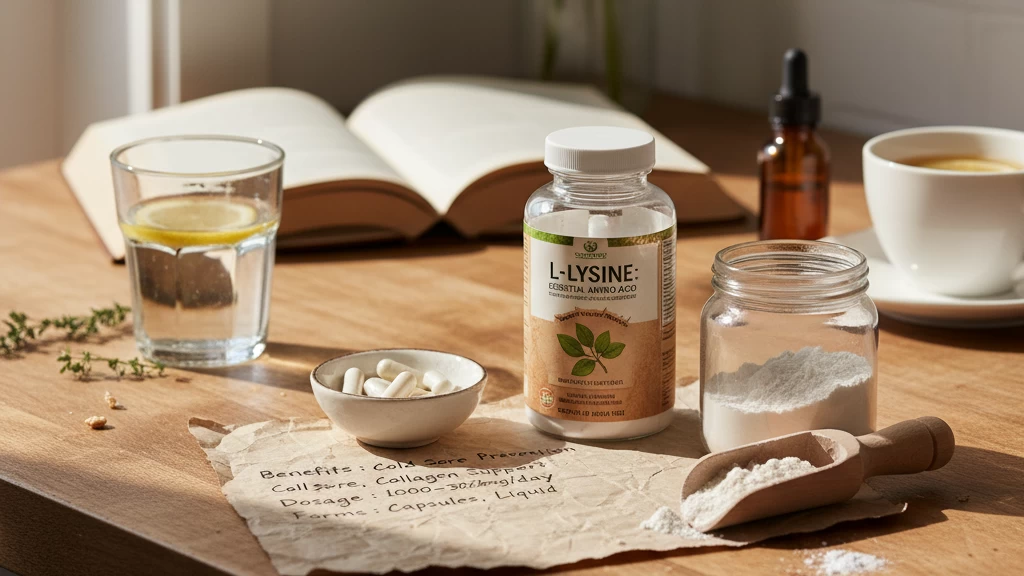
Certain groups benefit the most from L-lysine supplements, including athletes who need muscle recovery support, people dealing with herpes outbreaks, vegans facing dietary gaps, and those managing high-stress lifestyles. For general health, the typical daily dosage ranges from 500 to 3,000 mg. If you’re aiming to reduce cold sore frequency or severity, clinical studies suggest a short-term dose of up to 6 grams daily can be effective.
L-lysine comes in convenient forms like capsules, powders, and gummies. Our well&whole L-Lysine Gummies stand out as a tasty, vegan and sugar-free option perfect for busy, on-the-go wellness routines. For best absorption, take L-lysine on an empty stomach. You can also pair it with zinc or vitamin C supplements to boost immune support and maximize benefits.
If you’re interested in a simple, enjoyable way to add L-lysine to your routine, well&whole nutrition’s gummies are a reliable choice designed with daily wellness in mind. For vegans wondering about essential amino acid supplements, you can explore more options tailored for plant-based diets here.
Potential Side Effects, Interactions, and Safety Guidelines
L-Lysine is generally safe when taken at recommended doses, but it can cause mild side effects like stomach upset or diarrhea, especially if you take more than 3 grams daily. Some rare cases link very high doses to gallstones or imbalances in amino acids, so it’s best to avoid excessive intake.
Watch out for interactions if you’re taking calcium supplements, arginine, or certain antibiotics. These can interfere with how lysine works, so it’s a good idea to check with your doctor before starting L-lysine, especially if you have other medications or health conditions.
Special groups—including pregnant or breastfeeding women, young children, and people with kidney problems—should be cautious. While L-lysine has FDA GRAS (Generally Recognized As Safe) status, supplements aren’t tightly regulated, so quality varies between brands.
Long-term use looks safe for up to a year at around 3 grams daily based on current studies. For a trusted supplement option that balances quality and convenience, consider well&whole’s L-Lysine Gummies, which offer a vegan, sugar-free way to support your daily health needs.
For more on amino acid supplements and their safe use, you might find the best 9 essential amino acids supplement guide helpful.


